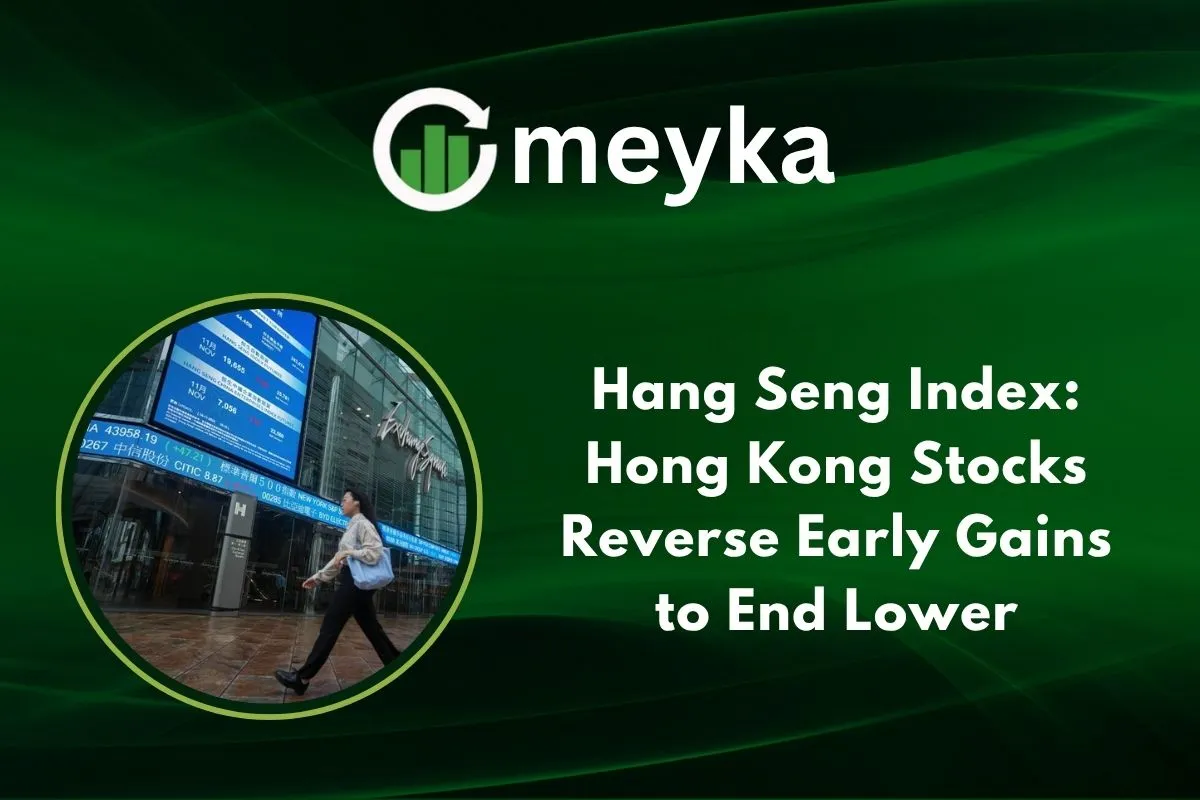Hang Seng Index: Hong Kong Stocks Reverse Early Gains to End Lower
We watched Hong Kong’s benchmark index, the Hang Seng Index, begin the trading day with hope. It opened with early gains as investors cheered signs of stability. But by the close, those gains were gone, the index reversed course and ended the day lower. This sudden flip shows just how quickly market sentiment can change. We’ll walk through the day’s movements, look at what drove the early optimism and then the reversal, explore which sectors and stocks moved the most, dive into some technical signals, and consider what may lie ahead for investors in the HSI.
Continue Reading on Meyka
This article is available in full on our main platform. Get access to complete analysis, stock insights, and more.
Read Full Article →





